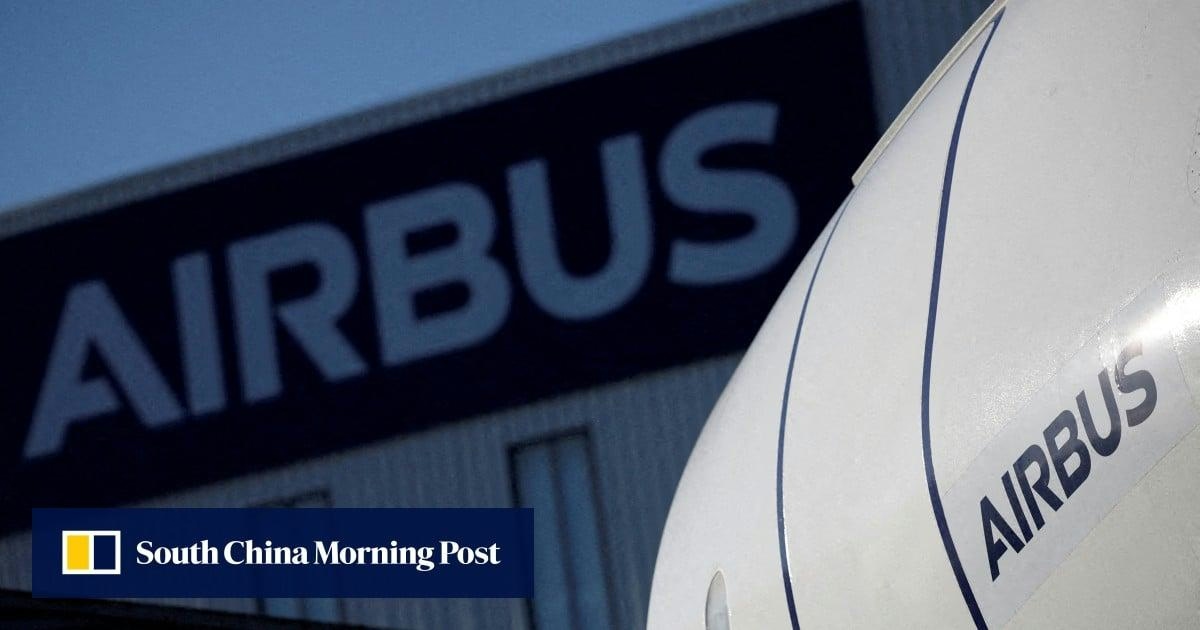
Smarter email, faster business.
Trending
Airbus and Volaris Back Sustainable Aviation Fuel Study in Mexico
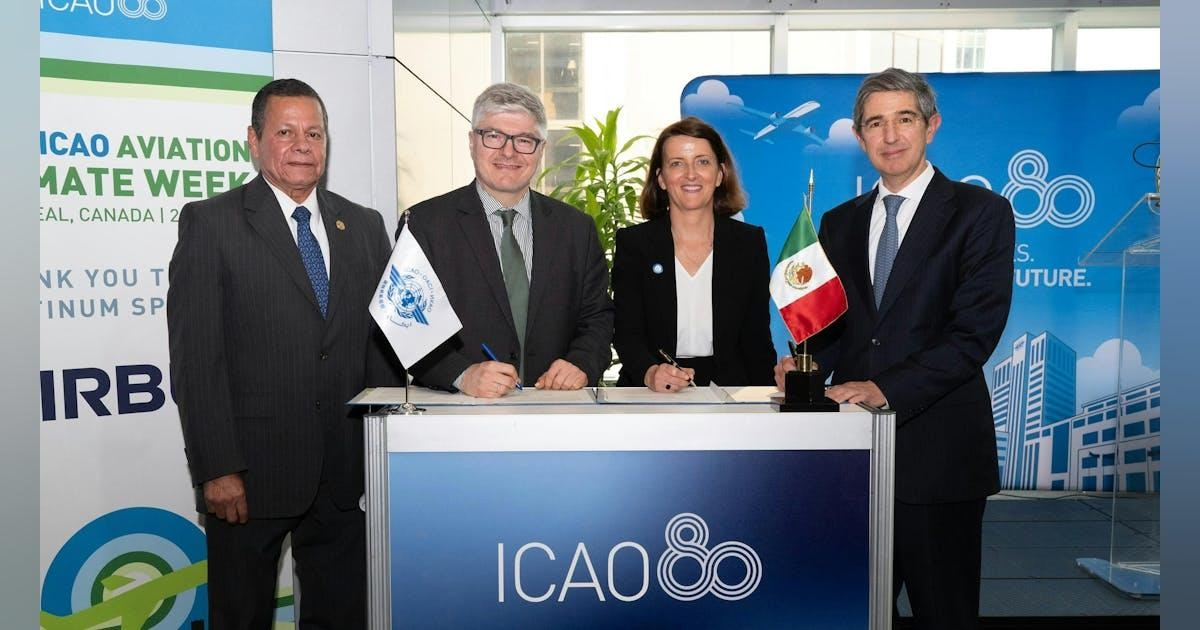
Airbus and Volaris Collaborate on Sustainable Aviation Fuel Initiative in Mexico
During the 2025 ICAO Aviation Climate Week, Airbus and Volaris formalized a partnership by signing a Letter of Intent to support the International Civil Aviation Organization’s (ICAO) Voluntary Environment Fund. This collaboration aims to promote the development and deployment of Sustainable Aviation Fuel (SAF) in Mexico through a feasibility study conducted under ICAO’s Assistance, Capacity Building and Training for SAF (ACT-SAF) Program. The initiative will be coordinated with Mexican Technical Working Groups responsible for the SAF Roadmap, co-led by the Federal Civil Aviation Authority (AFAC) and Aeropuertos y Servicios Auxiliares (ASA).
Advancing SAF Implementation in Mexico
The ACT-SAF program is designed to assist countries in evaluating their capacity for SAF adoption by providing comprehensive guidance on policy frameworks, regulatory measures, feedstock evaluation, production pathways, and financing strategies. Volaris’s participation marks a significant milestone as the first airline in the Americas to invest directly in the ICAO Voluntary Environment Fund, signaling a growing regional commitment to sustainable aviation practices.
Despite this progress, the aviation sector faces considerable challenges in scaling SAF usage. Persistent aircraft delivery backlogs and the slow expansion of green fuel production continue to impede rapid adoption. Additionally, the high cost of SAF poses a risk of increased airfares, which could affect consumer demand. Nonetheless, the industry is witnessing a gradual shift toward sustainability, even as it navigates funding limitations and complex regulatory environments. Responses from competitors vary, but the overall trend reflects heightened engagement with environmental initiatives.
Reinforcing Global Decarbonization Efforts
The partnership between Airbus and Volaris aligns with ICAO’s ambitious target of achieving net zero emissions by 2050. It complements similar feasibility studies recently announced in Argentina, Panama, and Peru, underscoring Airbus’s leadership role in aviation decarbonization across the Americas.
Sustainable Aviation Fuel is widely recognized as a critical tool for reducing greenhouse gas emissions, with the potential to lower CO2 emissions by up to 80% over its lifecycle compared to conventional jet fuel. Airbus continues to champion the large-scale development of SAF by collaborating with airlines, airports, fuel producers, research institutions, and civil aviation authorities worldwide. These efforts address the technical, regulatory, and market challenges essential to expanding the SAF ecosystem and advancing sustainable aviation globally.

Dubai Airshow 2025 Reveals Main Agenda and Activities
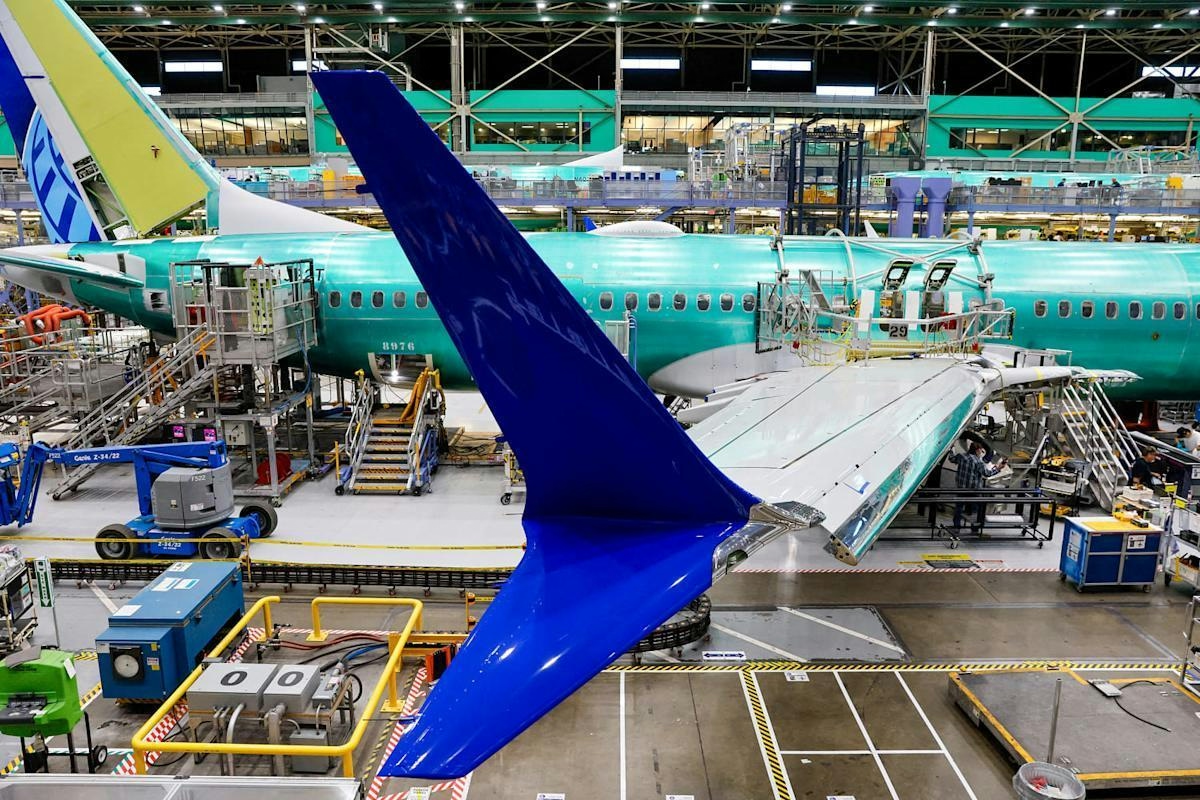
Willis Lease Finance: A Strategic Play in Aviation Leasing Amid Near-Term Volatility
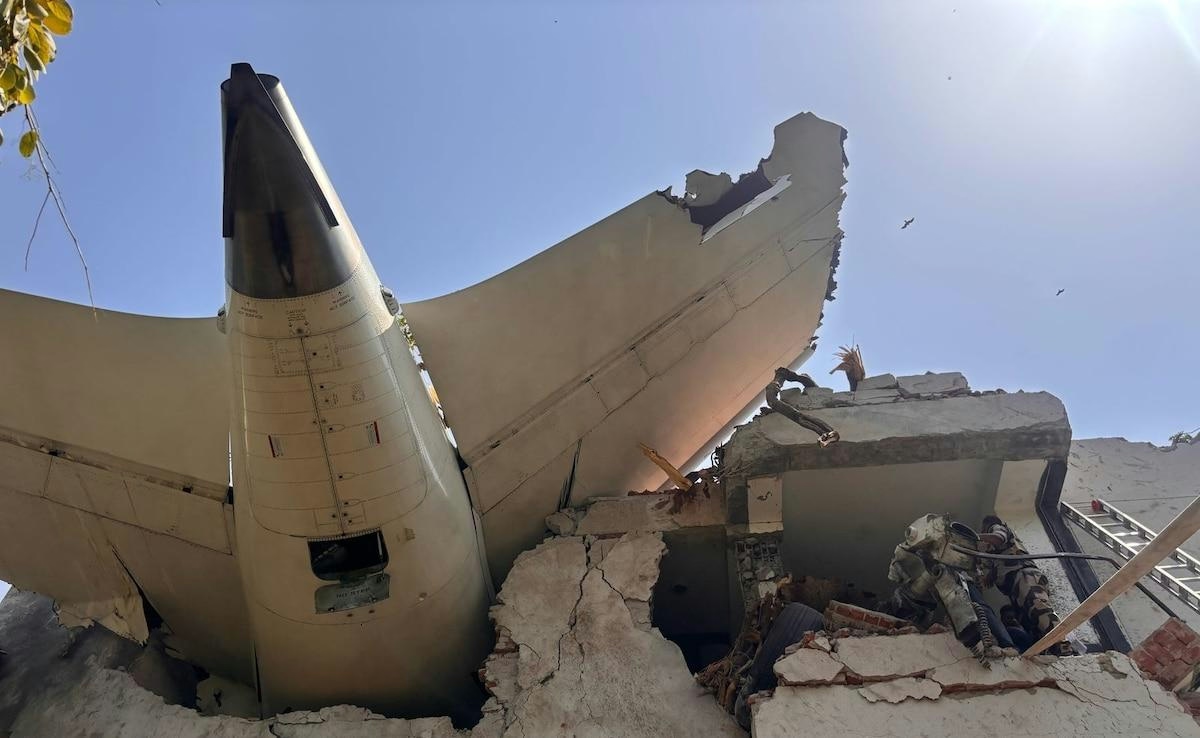
AI-Generated Content Spreads Misinformation After Air India Crash
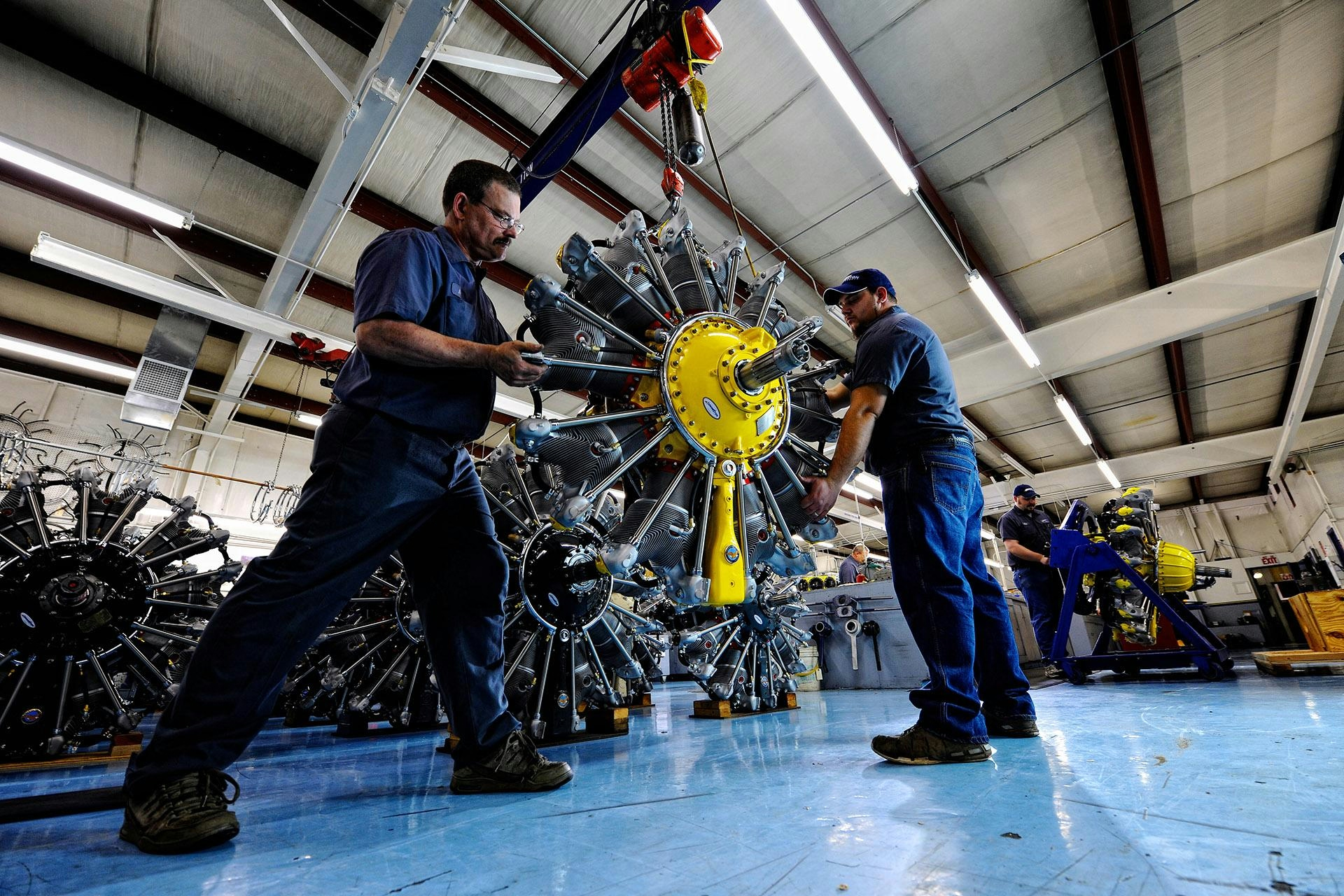
Covington Aircraft Engines to End Radial Engine Production in 2025

Yingling Aviation Named Authorized Honeywell Dealer
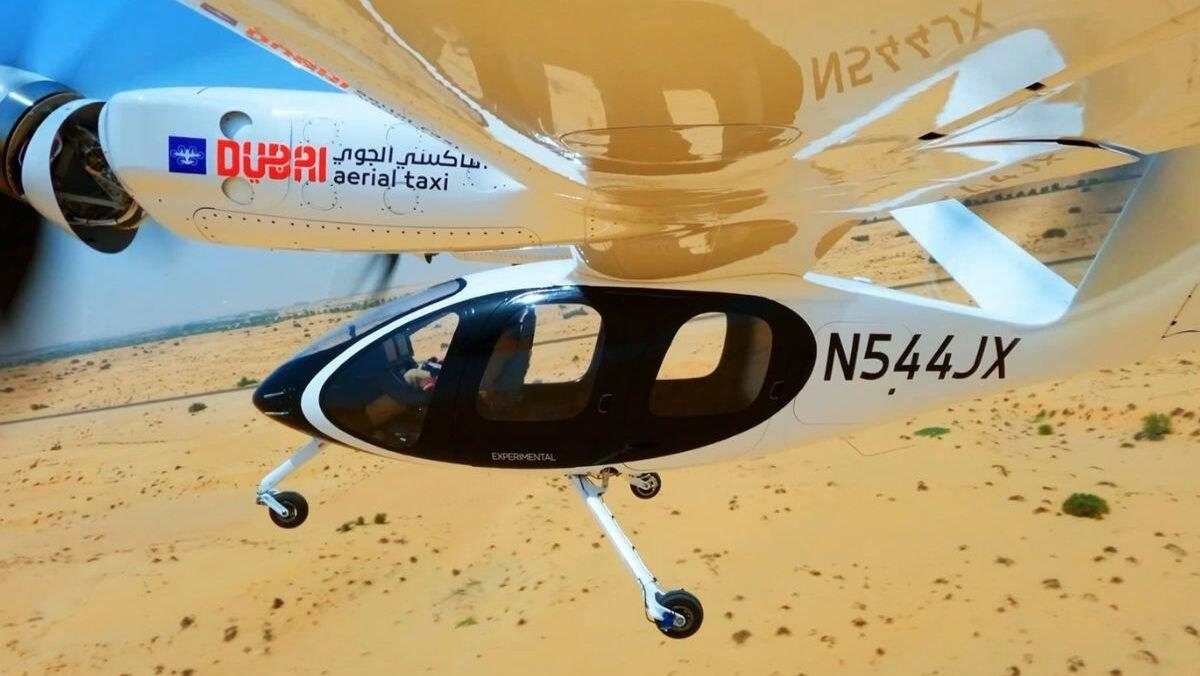
Does Joby Aviation's Milestone in Dubai Point Toward Further Growth?
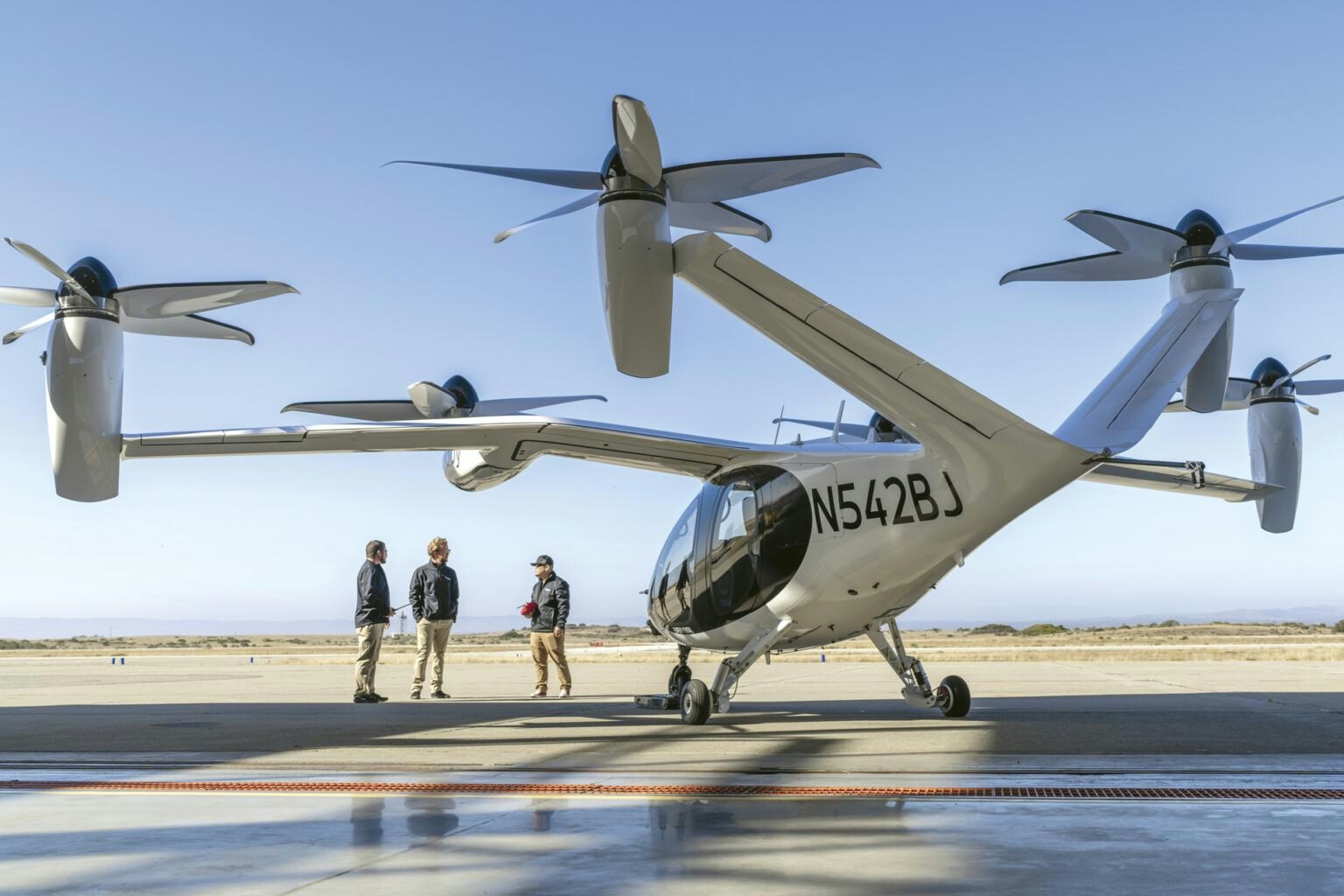
New Invention Promises to Eliminate Airplane Emissions in Country
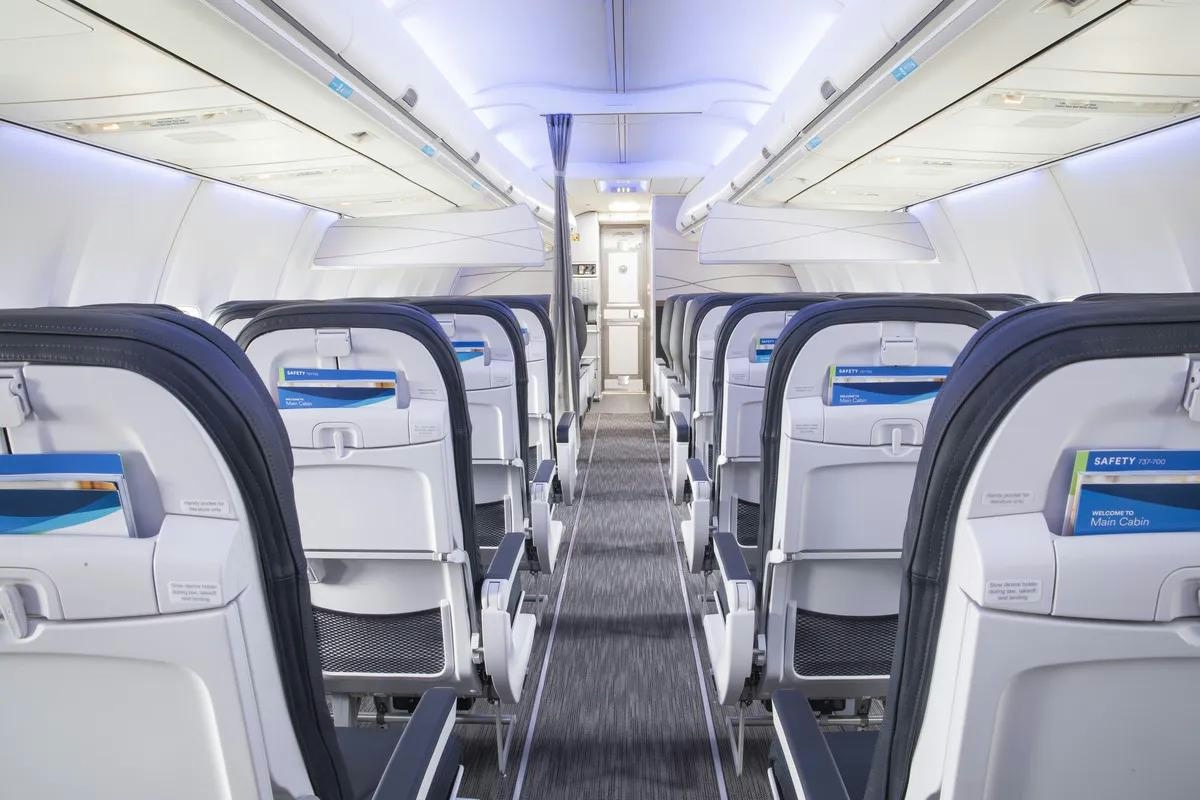
Key Questions on Chinese Travel, AI, and Airlines Answered by Skift
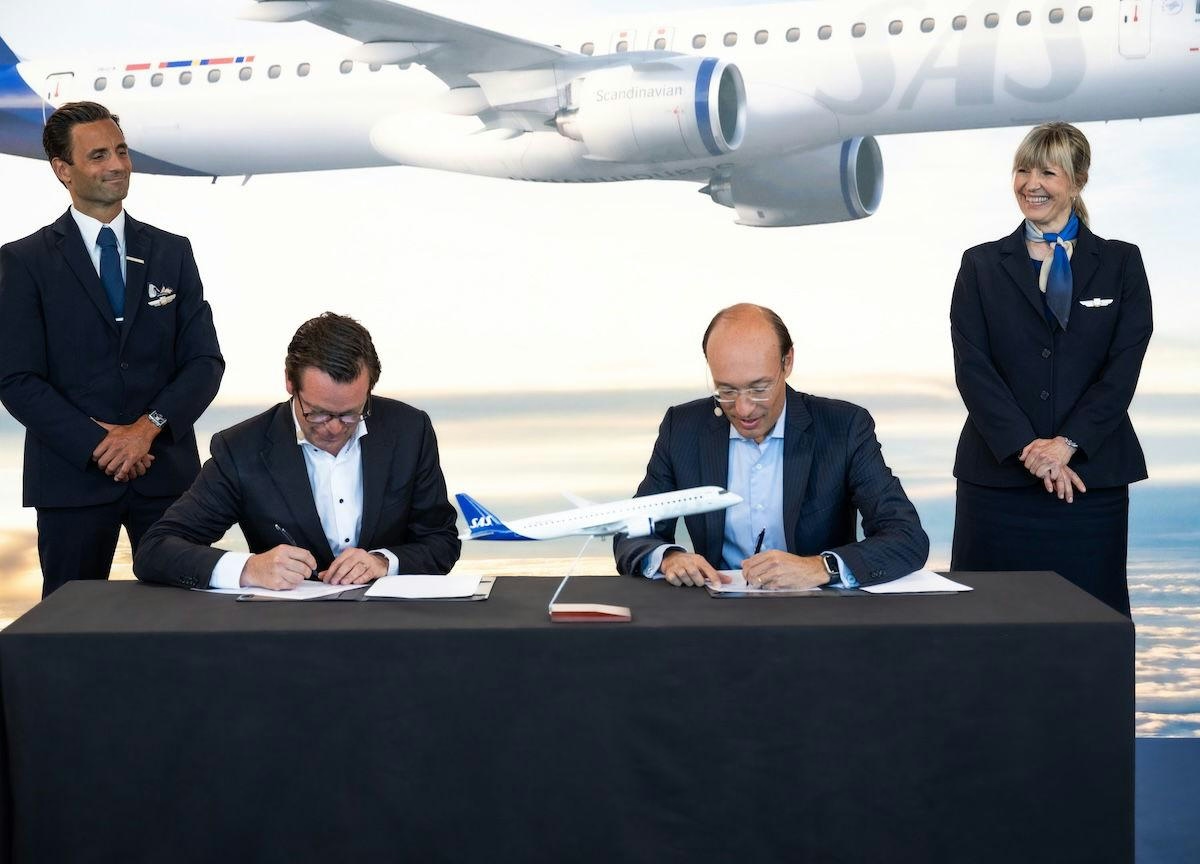
SAS Orders Up to 55 Embraer E195-E2 Jets
